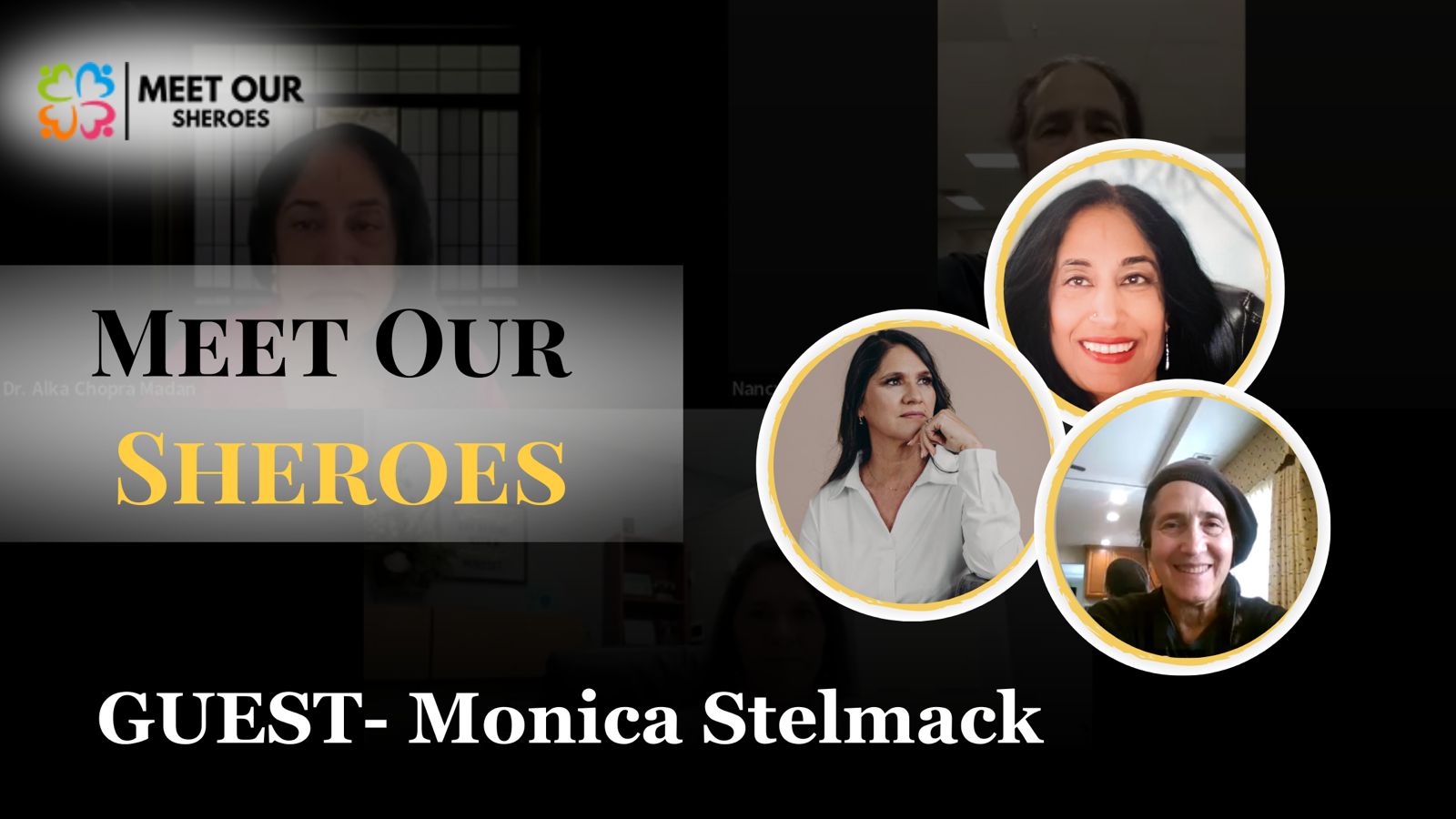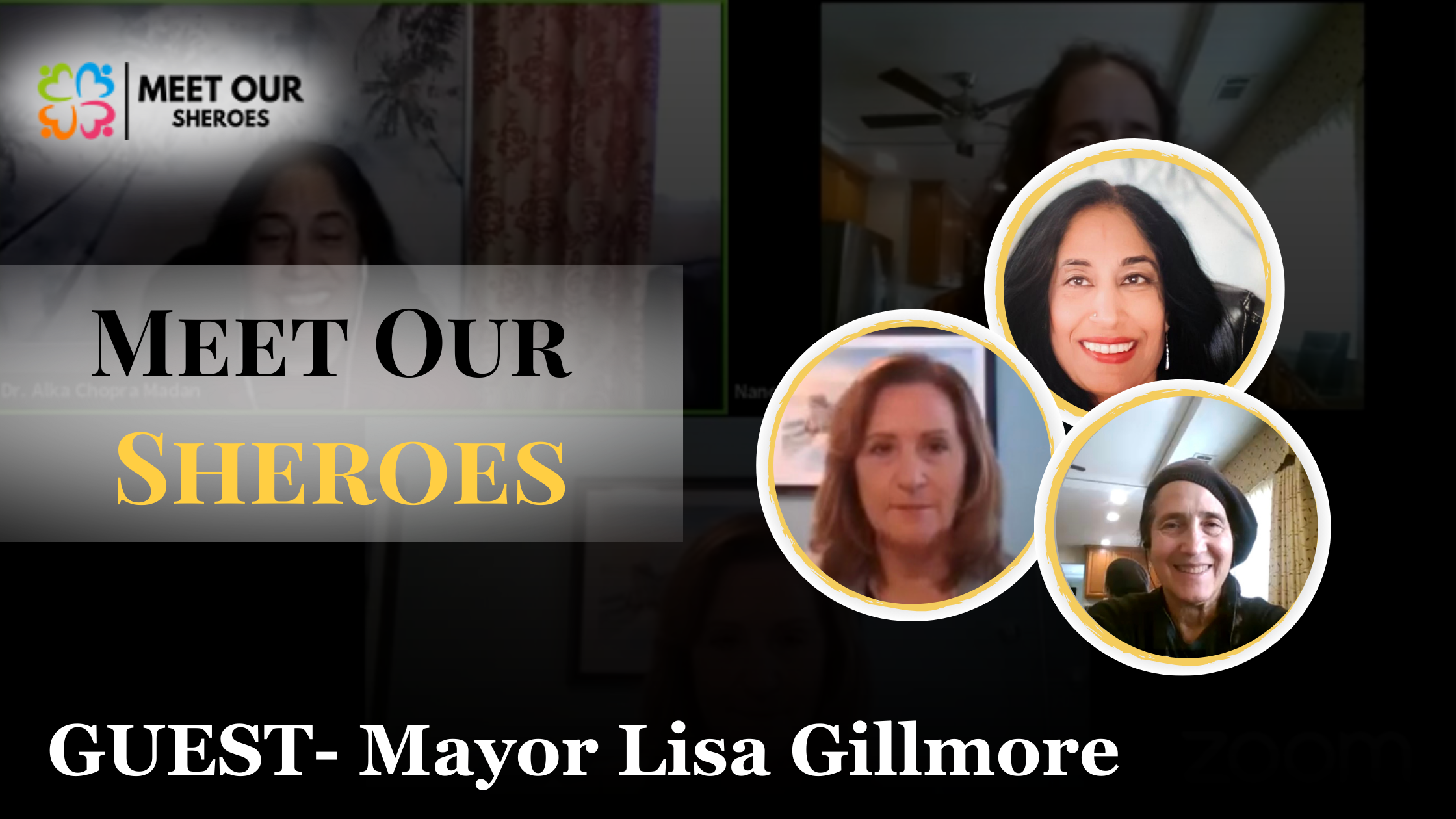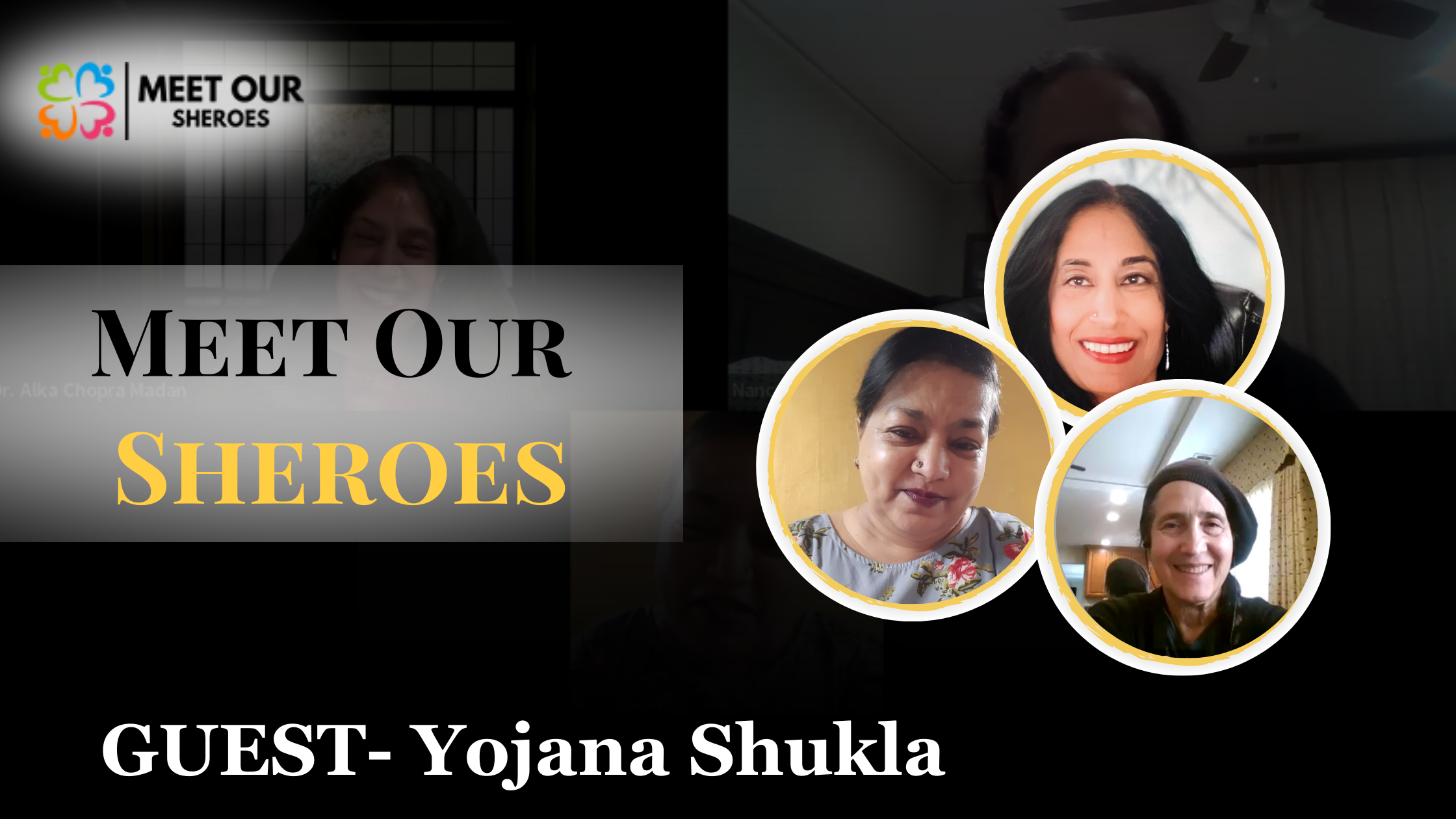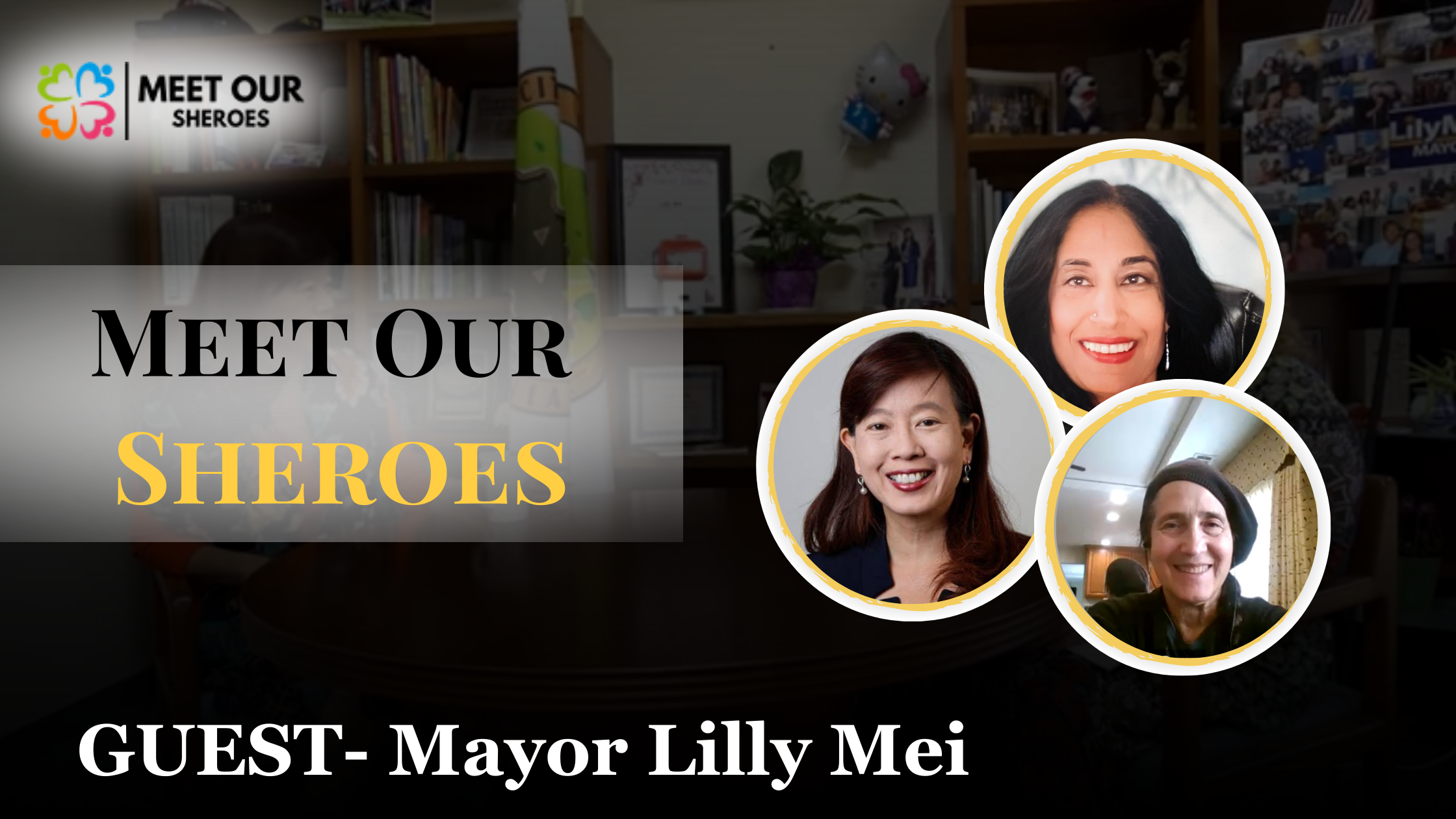At Global Women Power, our mission is to empower women through financial and social independence. In this spirit, we launched the Meet Our Sheroes series, spotlighting inspiring women who have made significant contributions to their communities. Today, we are honored to introduce Monica Stelmack, a mother, entrepreneur, and advocate for neurodiverse individuals.
The Journey Behind Wide Horizons
Monica Stelmack is the founder and CEO of Wide Horizons Incorporated, based in Manteca, California. Wide Horizons supports neurodiverse young adults in independent living and employment, and Monica’s inspiration for this project came from a deeply personal place — her son, Danny, who has autism.
In 2019, Monica Stelmack faced a dilemma that would inspire her to launch a transformative program for neurodiverse young adults. Her 30-year-old son, Danny, who has autism, had spent years in various educational and adult programs, but none seemed to meet his needs. Most importantly, these programs failed to provide him with the tools for independence, leaving Monica worried about his future. The moment of realization came when she found herself, as many mothers do, questioning what the future holds when she could no longer be there to take care of him.
“I realized I was leaving the future of my son in someone else’s hands,” Monica said. This unsettling thought propelled her to take action.
As Monica shared, Danny’s transition from school to adult programs was fraught with challenges. Despite attending several programs, he wasn’t receiving the critical support needed to achieve his goals, particularly in terms of safety and independence. Frustrated by the inadequate services and driven by a mother’s concern for her child’s future, Monica decided to take matters into her own hands.
In 2019, alongside her husband, Monica founded Wide Horizons with one goal: to create meaningful, personalized support for individuals like Danny. With no resources, funding, or space, they started from scratch during the onset of the COVID-19 pandemic. It was an uphill battle, but Monica didn’t focus on the challenges; instead, she saw the opportunity to make a real difference.
The Impact of Wide Horizons
Wide Horizons began by offering small-scale services to a handful of participants, developing a curriculum tailored to each individual’s needs. Monica recalls how they tested their program with Danny, ensuring that each element was effective in building essential skills like time management, work readiness, and self-care.
Today, Wide Horizons has grown steadily, serving 15 participants, with 7 of them successfully placed in jobs and 2 supported in growing their own businesses. Monica’s approach remains focused on providing high-quality, individualized care, with small group sizes ensuring that each participant receives the attention and support they need.
The First Steps: From Tamales to Transformation
“We didn’t have anything, but we had the need,” Monica recalls. The road to building Wide Horizons was anything but smooth, yet Monica’s determination never wavered. One of the most inspiring parts of her journey was how it all started—by selling tamales. To fund the paperwork and establish the nonprofit, Monica and her team sold 250,000 tamales. That initial effort raised the seed money they needed to lay the groundwork for their mission.
With their modest funds, they created a curriculum designed to teach practical skills to neurodiverse young adults. The first “student” of the program? Monica’s son, Danny. They spent the next 15-16 months practicing every lesson in their curriculum with him, ensuring it was both effective and adaptable to the unique needs of each participant.
Small Beginnings, Lasting Impact
Wide Horizons officially opened its doors in 2021, despite the challenges of the COVID-19 pandemic. “We were not ready, and we’re still not ready. But I think we will never be ready to start something, and I’m glad we did it,” Monica reflects.
The program started small but made a big impact. Danny’s journey toward independence began when a local senior in their community allowed him to come and help her with daily tasks. This simple yet meaningful interaction taught him invaluable skills like getting ready for work, managing his time, and maintaining consistency—skills essential for independent living and employment.
From that first step, Wide Horizons has continued to grow. In the past three years, the program has supported around 15 participants and helped place seven of them in jobs that match their skills. Wide Horizons has also supported two young entrepreneurs to grow their businesses and even helped promote the book of one budding writer.
Looking to the Future
Monica’s vision for Wide Horizons is expanding. Currently in the process of becoming a vendor for the Valley Mountain Regional Center, she hopes to secure funding that will allow her to support more families and hire additional staff. With dreams of a larger facility and more resources, Monica is committed to continuing her mission of empowering neurodiverse individuals to live independently and thrive in the workforce.
Looking Ahead: Growing Resources and Expanding Opportunities
While Wide Horizons continues to operate on donations and fundraising, Monica and her team are working toward gaining official vendor status through the Valley Mountain Regional Center. This will enable them to expand their services to even more families, hire additional staff, and secure a larger space to meet the growing demand for their program.
Despite the obstacles, Wide Horizons stands as a testament to what can be accomplished with passion, perseverance, and a deep sense of purpose. Monica’s message to others? “We’ll never be ready, but we have to start. I’m glad we did.”
Monica’s journey with Wide Horizons reminds us all that sometimes, the most extraordinary achievements come from a place of necessity and love. Wide Horizons is not just a program; it’s a lifeline for neurodiverse young adults and their families, offering hope for a future where independence is attainable, and dreams are within reach.
Small Groups, Big Impact
Monica emphasizes the importance of quality over quantity in her approach to teaching. “We work in small groups, usually five or six participants at a time,” she explains. This structure ensures that each participant receives personalized attention, which helps them learn effectively and grow at their own pace. Monica’s goal isn’t to fill rooms but to create meaningful learning experiences that help participants build confidence and prepare for the workforce.
Currently, Wide Horizons relies on donations and fundraising efforts to run the program. Monica acknowledges the challenges of working without federal funds or large grants but remains committed to creating opportunities for small groups of participants. We don’t get big funds, so we open opportunities as we can, making sure we’re providing the quality instruction they deserve.”
Looking to the Future: Vendorization and Expansion
Wide Horizons is on the path to growth, with an application pending to become a vendor for the Valley Mountain Regional Center, which would allow them to receive state funding. This milestone would enable the organization to expand its reach and resources, hiring more staff and increasing the number of participants they can serve.
Monica is excited about the future, saying, “Once we get approved, we’ll be able to bring in more participants and hire additional staff. We already have families waiting, but we just don’t have the resources to support them right now.” When this approval goes through, the doors of Wide Horizons will open wider than ever before, allowing them to support even more neurodiverse young adults in achieving their goals.
Making an Impact Beyond Borders
The reach of Wide Horizons has expanded beyond California. Monica proudly shares how her program’s philosophy and methods have inspired other organizations across the country—and even internationally. “We’ve had groups from different states and countries like Mexico reach out to learn about what we do,” Monica says. “They love what they see, and some have even started to implement similar programs in their own communities.”
This growing influence is a testament to the innovative and compassionate approach Monica and her team take toward supporting neurodiverse individuals. Their work has proven that it’s not about numbers—it’s about results and lasting impact. While other programs may focus on large groups and general activities, Wide Horizons prioritizes individualized support, meaningful life skills, and tangible employment outcomes.
The Selection Process: Ensuring the Right Fit
At Wide Horizons, the decision to accept participants is based on their needs and abilities. Monica meets with families to evaluate whether the program is the right fit for their loved ones. “If a participant has significant challenges, I have to be realistic about whether we have the resources to support them,” she explains. While it’s difficult to turn anyone away, Monica knows that offering services without the right support in place wouldn’t be beneficial. “But if I see that we can help, the doors are always open.”
The most important criteria Monica asks from participants? “I ask that you come to the program because you have dreams for your future and goals for your life. That’s what we are here to help with—turning those dreams into reality.”
The Journey Ahead
The road to success has not been easy, but Monica wouldn’t have it any other way. Wide Horizons continues to make a difference in the lives of neurodiverse young adults, one participant at a time. “We’re moving slow, but we’re taking solid steps. I’m proud of everything we’ve accomplished, and I’m excited for what’s to come,” Monica says.
As Wide Horizons continues to grow and evolve, Monica’s unwavering dedication to providing quality, individualized support ensures that each participant receives the tools and opportunities they need to succeed. “We may never feel ready when we start something new, but we just have to take the leap. And I’m so glad we did.”
One of the challenges she highlighted during her recent interview was transportation, which has limited the ability of many families to access the services they provide. However, Monica shared the wonderful news that a grant to obtain a vehicle was recently approved. This will allow Wide Horizons to address transportation issues, making it easier for participants from surrounding areas to attend the program. “Having a vehicle and a driver will open up a lot of possibilities for us,” she remarked, showing her enthusiasm for the impact this will have on the program’s growth.
Nonprofit Sustainability and Empowerment
The conversation naturally turned toward a significant question: how can women, especially those running nonprofits, sustain themselves financially while continuing to serve others? Monica offered a thoughtful perspective. She emphasized the importance of starting with the right motive, focusing on serving others before thinking about personal compensation. “The reason why we do it has to come from the heart,” she explained.
Although it can be challenging, Monica believes that when the focus is on investing in people, the financial rewards will eventually come. In her own case, her husband’s stable income has allowed her to devote time to the nonprofit without needing immediate financial return. However, she acknowledged that not everyone is in that position, which is why it’s essential to build a program based on a clear purpose and seek out grants and funding opportunities.
Dr. Alka echoed similar sentiments, noting that she, too, has faced challenges in running a nonprofit alongside other businesses. “Whenever I bring someone on board, they ask, ‘What’s in it for me?’” she shared, reflecting on the practical realities of living and working in the Bay Area. Despite these hurdles, both Monica and Dr. Alka agree that with patience, dedication, and a clear mission, the financial support will come, enabling them to continue their vital work while also sustaining themselves and their families.
Monica’s reflections highlight the importance of perseverance and resourcefulness in running a nonprofit like Wide Horizons. One of the main challenges she mentioned is the reliance on volunteers and the inability to afford professional services, such as a grant writer. Monica emphasizes the idea of investing time and effort even when resources are limited. “Sometimes we have to invest our time or even money, but when we’re focused on the mission, success will follow,” she explained.
She shared a personal story about starting with just $2,000 and how Wide Horizons has steadily grown, even moving to a bigger location to accommodate their needs.
Dr. Alka also offered a suggestion for Monica: the Community Kitchen project. The idea is to create immediate employment for individuals by involving them in cooking, cleaning, and organizing in a communal kitchen space, making the project self-sustaining. Monica was enthusiastic about this concept and agreed that such initiatives can create quick, tangible results for employment while contributing to the empowerment of individuals in need.
The conversation also touched on the power of networking. Monica mentioned her meetings with various officials and organizations, such as the San Joaquin County Office of Education. While she initially didn’t receive direct help, she shared her innovative methods for preparing participants for employment, which were later implemented by the county’s vocational skills programs. “Even though I didn’t get the help, I’m blessed that they’re doing it, and that’s what matters—it’s about them, not me,” she remarked.
Transforming Communities: How the Community Kitchen and Wide Horizons Empower Marginalized Individuals
Dr. Alka’s story about the woman in India who, despite being deaf and speech impaired, thrives in her role making pancakes as part of the Community Kitchen project, is a powerful example of how empowerment through work can change lives. The simple act of dressing up in a uniform and taking on responsibility can transform not just the individual but the entire family. Dr. Alka’s emotional connection to this moment, where she saw the woman’s life change through employment, underscores the profound impact of providing dignity and purpose to marginalized individuals.
She also beautifully highlights the maternal presence required in these initiatives, comparing the role of the organizer to that of a mother who nurtures, guides, and cares for each participant. This nurturing approach is what makes the programs successful, as it goes beyond just providing skills—it’s about building emotional and social support.
Both Dr. Alka and Monica recognize that these programs are not about personal gain or recognition but about lifting others up and changing communities by offering opportunities, particularly for those who have been historically overlooked. Their conversation reflects a deep commitment to humanity, compassion, and patience, qualities that are essential in empowering others through nonprofit initiatives.
Monica’s journey with Wide Horizons is driven by a profound sense of purpose, stemming from her experiences as a mother. She approaches her work not as a businesswoman, but as a mother figure, dedicated to filling the gaps that existed for her own son, Danny. Her dedication is reflected in her deep involvement with the community, where she forms personal connections and finds opportunities for participants in her program.
The story about Danny, confidently navigating the world on his own is a clear indicator of the program’s success. Monica’s pride in seeing him become independent demonstrates her belief in the transformative power of inclusivity, and her understanding that these programs are about more than just creating jobs—they are about creating communities where everyone belongs.
Dr. Alka’s insight into the challenges faced by individuals who devote themselves to nonprofit work is crucial. Both women recognize the sacrifice involved—time, energy, and often financial stability—to continue this work. But they also share a common thread of belief that their efforts are worthwhile, knowing they are transforming lives.
For Monica, it’s about the many “Danny’s” out there who still need help. For Dr. Alka, it’s about witnessing the life-changing effects of projects like her Community Kitchen, where individuals, despite challenges, gain self-sufficiency. Both see the long-term impact of their efforts, even when faced with challenges from family or society, which may not always understand why they persist.
Let’s conclude with a reflection on Monica’s impactful sentences that resonate with all of us:
– “You’re never going to be ready.”
– “I cannot stop. Now. I cannot stop.”
– “Why should we stop?”
These powerful reminders inspire us to keep moving forward, even when uncertainty looms. Monica’s words emphasize the importance of perseverance, resilience, and an unwavering commitment to progress—qualities that can guide us all through the challenges we face.
A Message of Perseverance
Monica’s story is one of resilience, determination, and heart. She reminds us that sometimes, we are never truly “ready” to start something new — but that shouldn’t stop us from taking the leap. Her journey with Wide Horizons is a testament to the power of persistence, driven by love and a desire to create lasting change.
At Global Women Power, we celebrate Monica Stelmack as a true Shero, and we are inspired by her dedication to making the world a better place for neurodiverse individuals.




